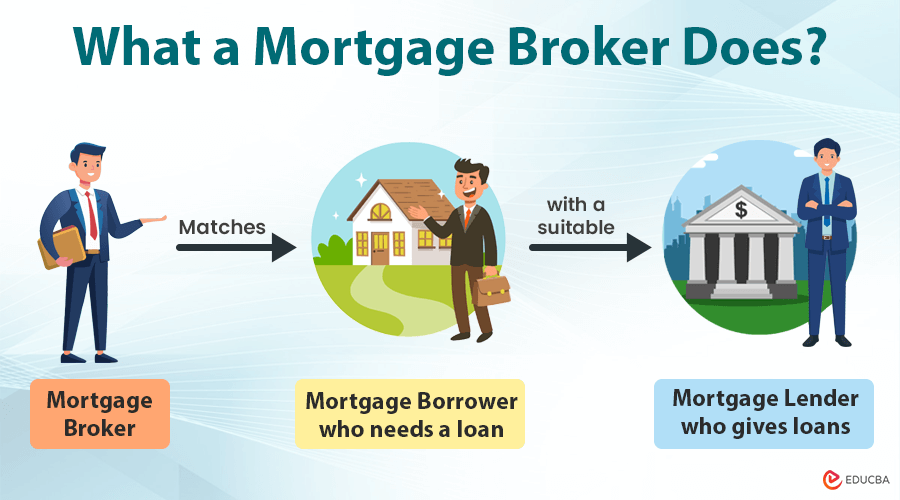Understanding What a Jumbo Lending Entails and How It Differs From Conventional Lendings
Browsing the ins and outs of jumbo loans exposes a funding choice customized for those venturing into high-value genuine estate, generally exceeding the limits set by the Federal Real Estate Financing Agency. The considerable threat associated with jumbo loans requires more strict credentials requirements, including greater credit history ratings and considerable down payments.
Meaning of Jumbo Loans
Jumbo car loans are a kind of home mortgage that exceed the conforming lending restrictions established by the Federal Housing Money Agency (FHFA) These finances cater to consumers that need to fund residential or commercial properties that are a lot more pricey than what standard loan limits allow. The FHFA establishes annual adhering funding limitations, and any type of finance going beyond these limits is identified as a big finance.
Typically, big loans are made use of in high-cost property markets where home costs dramatically exceed nationwide averages, such as in urban areas or deluxe real estate sectors. As these lendings are not qualified for acquisition by Fannie Mae or Freddie Mac, they carry inherent threats for loan providers due to their larger dimension and non-conformity (jumbo loan). As a result, lenders usually enforce more stringent credentials requirements for big finances than conventional conforming financings.
Borrowers looking for big fundings must typically show a strong monetary account, consisting of a higher credit rating rating, durable income verification, and significant deposit, frequently 20% or even more. Additionally, loan providers might call for much more substantial documents to assess the customer's capacity to take care of larger month-to-month payments. Comprehending the certain attributes of jumbo car loans is critical for prospective consumers browsing this segment of the mortgage market.
Traditional Finances Review
While big financings accommodate high-value home financing, traditional fundings stand for the even more typical home loan choice in the housing market. These fundings are not insured or ensured by any government entity, such as the Federal Housing Administration (FHA) or the Department of Veterans Matters (VA) Instead, they are backed by private lenders and adhere to standards set by government-sponsored ventures (GSEs) like Fannie Mae and Freddie Mac.
Standard finances are normally supplied with taken care of or flexible rate of interest and differ in terms of period, commonly extending 15 to three decades. Debtors typically choose conventional lendings for their predictable monthly settlements, which can assist in long-lasting financial preparation. Furthermore, they are offered for main residences, 2nd homes, and investment residential properties, providing adaptability to fulfill varied debtor requirements.

Key Differences Between Finances
At the forefront of this decision-making process are traditional finances and jumbo lendings, each having unique qualities and offering different debtor requirements. Jumbo financings surpass the adhering loan restrictions set by the Federal Real Estate Money Firm (FHFA), which vary by area.

Additionally, the down repayment demands can differ significantly. Jumbo finances generally call for bigger down payments, often surpassing 20%, to mitigate danger. Traditional finances, alternatively, might enable lower deposits, with some programs accepting as little as 3% for competent customers.
Credentials Demands
Protecting a jumbo car loan includes meeting more rigorous credentials demands compared to conventional loans, mirroring the boosted danger to lenders. These lendings, which go beyond the adjusting finance limitations set by the Federal Real Estate Financing Agency (FHFA), are not qualified for purchase by Freddie Mac or Fannie Mae, thereby revealing loan providers to click over here now greater economic risk - jumbo loan. Therefore, debtors should show a high credit reliability and financial security
A robust credit report, normally 700 or higher, is crucial for approval. Lenders likewise anticipate a lower debt-to-income (DTI) proportion, commonly not exceeding 43%, making certain that customers can take care of considerable month-to-month payments along with other monetary commitments. A substantial cash book is usually required, typically amounting to 6 months of home mortgage payments, to guarantee lending institutions of the borrower's monetary durability.
Down settlement assumptions are additionally raised, often beginning at 20% or more of the home's value. While this is a protect for lenders, it necessitates considerable in advance capital from borrowers.
Choosing the Right Lending
When selecting the most suitable financing alternative,Navigating the complexity of big finances needs careful factor to consider. With the wider series of alternatives offered to those seeking big fundings, the decision-making process needs to include a comprehensive evaluation of one's financial profile and long-term objectives. Unlike conventional financings, big lendings usually include more stringent needs and varied rates of interest, which necessitate complete research and a clear understanding of one's economic standing.
When choosing in between various jumbo financing offerings, it is critical to examine the loan terms, consisting of rates of interest, settlement schedules, and connected costs. Customers must contrast the rates supplied by various lenders to ensure they safeguard the most beneficial terms. In addition, understanding the ramifications of dealt with versus variable-rate mortgages (ARMs) is vital, as each alternative presents unique advantages and threats depending on market conditions and personal monetary approaches.
Engaging with a financial advisor or home loan broker can supply beneficial understandings tailored to individual scenarios. These experts can aid in browsing the subtleties of big lendings, making sure that debtors are educated and outfitted to pick a lending that lines up with their monetary goals, eventually promoting a smoother home-buying procedure.
Verdict
In recap, big finances work as an economic tool for obtaining high-value properties, necessitating stringent qualification needs and greater rate of interest due to the elevated risk for loan providers. Unlike traditional fundings, which comply with FHFA limits and may obtain support from Fannie Mae or Freddie Mac, jumbo lendings require a minimal credit report score of 700 and significant deposits. Recognizing these distinctions my link is essential for borrowers in high-cost realty markets to figure out the most appropriate funding option for their demands.
The FHFA develops annual adjusting finance limitations, and any finance exceeding these limits is classified as a big funding.
At the forefront of this decision-making procedure are jumbo loans and traditional lendings, each possessing unique characteristics and offering various customer demands.Securing a big lending includes meeting much more rigorous certification needs compared to traditional financings, reflecting the boosted risk to loan providers. Unlike standard lendings, jumbo financings here frequently come with more stringent needs and varied rate of interest prices, which demand comprehensive research study and a clear understanding of one's economic standing.
Unlike standard car loans, which adapt to FHFA restrictions and may receive backing from Fannie Mae or Freddie Mac, jumbo financings require a minimum credit history rating of 700 and substantial down settlements.